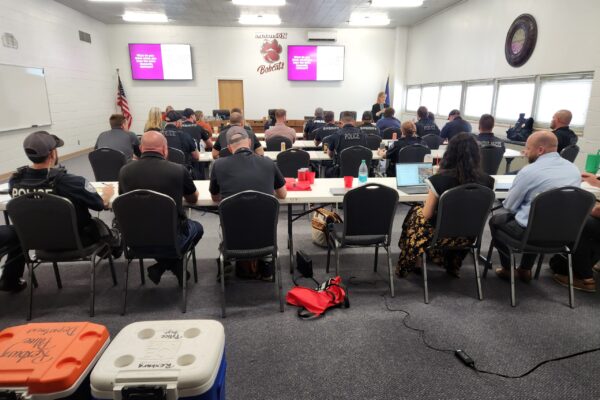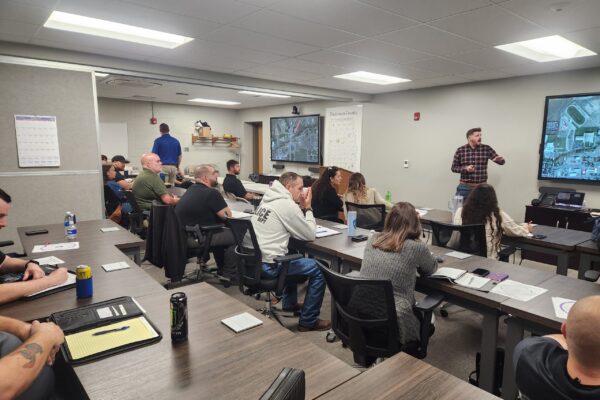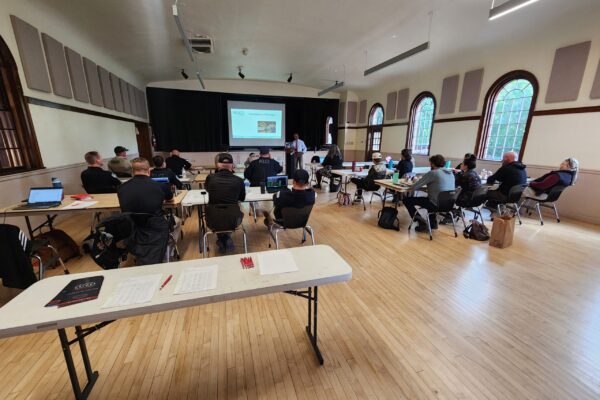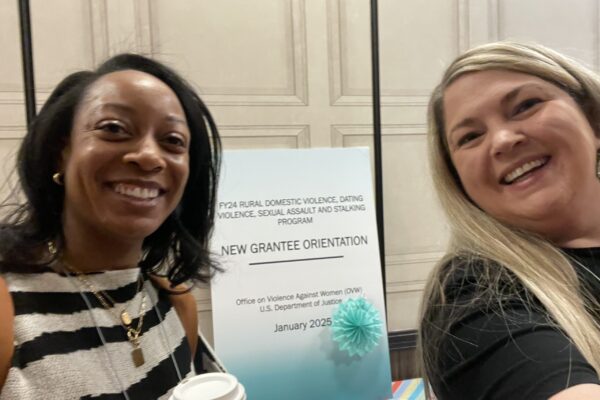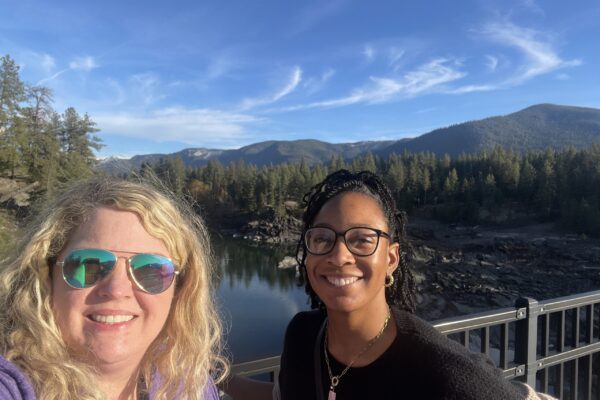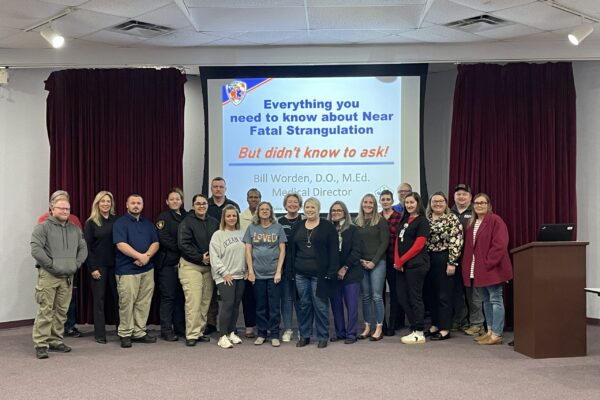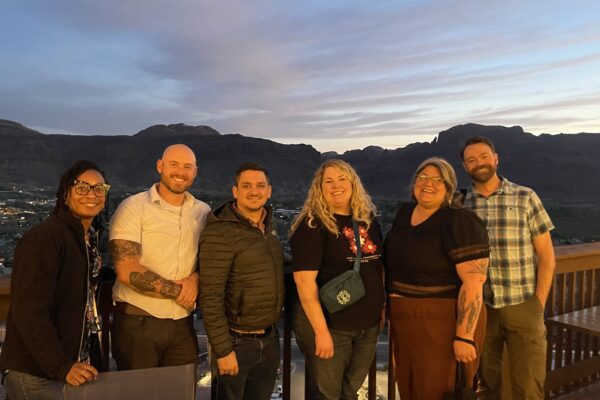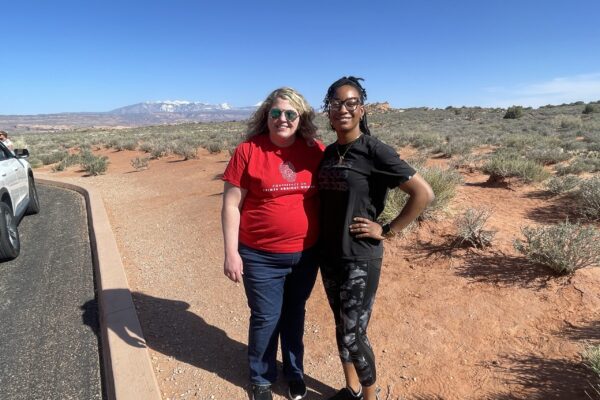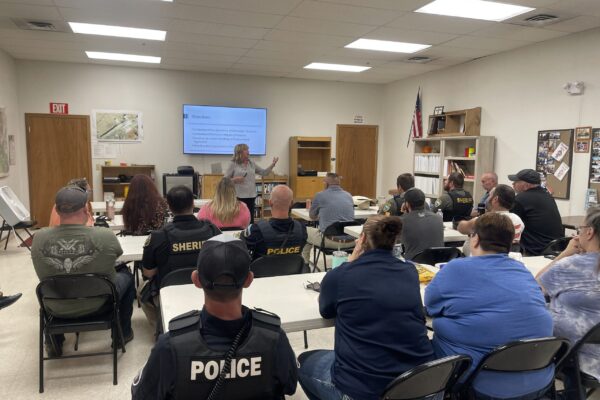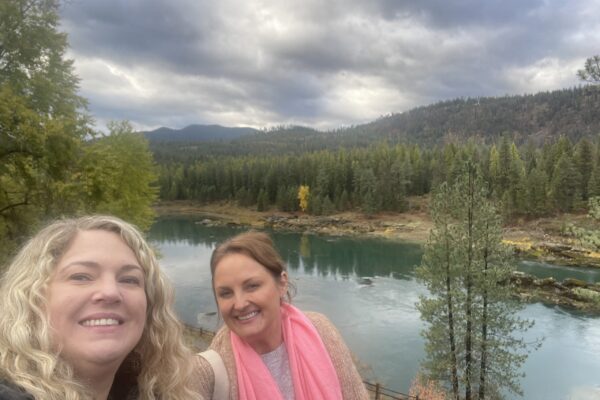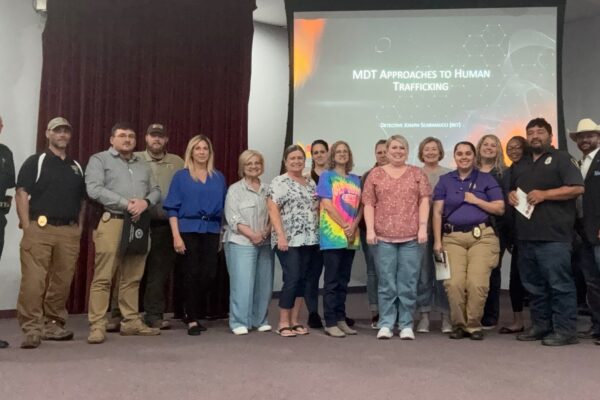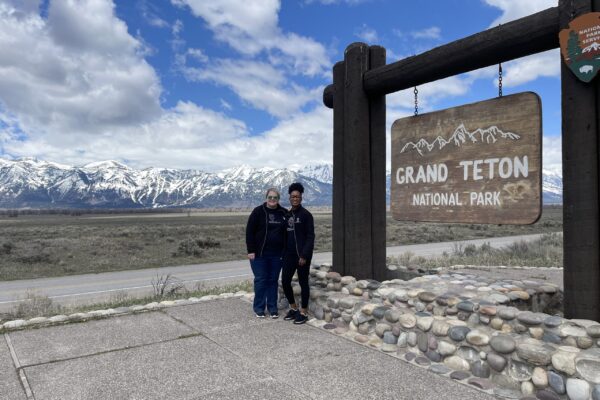Stay informed of upcoming events, including webinars that offer valuable insights and training on addressing domestic violence in rural communities. These sessions provide practical strategies and foster collaboration among professionals dedicated to improving community responses.
Roll Call Training
The Roll Call Trainings provide brief, focused sessions designed to equip rural law enforcement and first responders with practical tools and strategies for addressing domestic violence. These on-the-go trainings ensure critical knowledge is delivered efficiently, enhancing community response efforts.
Yearly Cohort
The yearly cohort program offers rural communities the opportunity to develop coordinated responses to domestic violence. Each year, selected communities receive tailored training, resources, and support to enhance collaboration and improve outcomes for survivors.
CCAW Summit
CCAW Summit: Beyond the Bounds is a small annual conference focused on addressing emerging and complex issues in rural and resort communities, offering advanced training and innovative solutions for professionals working to combat crimes against women.
National Training
ICCR seeks to ensure that every community across the United States, no matter how small, receives the training they need to provide justice for victims and hold offenders accountable.
Take a look at what's been going on with the ICCR cohort teams:
Stats:
77
Virtual & In-Person
Trainings
20
Rural Counties Supported
17
Survivor Focus
Groups & Interviews
4000
Practitioners Reached Nationwide
**This project was supported by Grant No. 15JOVW-23-GK-05483-MUMU awarded by the Office on Violence Against Women, U.S. Department of Justice. The opinions, findings, conclusions, and recommendations expressed in this publication/program/exhibition are those of the author(s) and do not necessarily reflect the views of the U.S. Department of Justice.**
